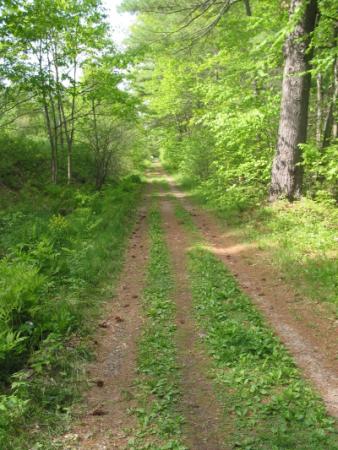-
Our Community
-
- Welcome Visitors About Durham's Community Climate Remembrance Project Diversity Welcome Statement Life in Durham Places to Stay Places to Eat Places to Park Transportation Schools Oyster River School District Welcome New Homeowners
- Durham Public Library Programs & Events Trails and Town Lands Conservation Commission Land Stewardship Conservation Lands & Parks Conservation Easements Trails Youth Organizations University of New Hampshire Durham Preservation Durham Historic Association
- Volunteer Town of Durham Land Stewardship Public Library UNH Cooperative Extension Churchill Rink Parks & Recreation Recreation Program Calendar Outdoor Recreation Activities Outdoor Recreation Sites Sustainable Durham Recycling Information Swap Shop Information Earth Day 2023
-
- Doing Business
-
Inside Town Hall
-
- Departments Assessing Building Business Office Code Enforcement Information Technology Planning Town Clerk/Tax Collector Parks & Recreation Boards, Commissions & Committees Agricultural Commission Conservation Commission Historic District/Heritage Comm. Other Boards & Committees Planning Board Zoning Board
- DCAT Media Productions DCAT Media - Programming DCAT Media Livestream Zoom Video Meeting Schedule Town Council Town Administration Public Hearings Public Safety Police Fire McGregor Memorial EMS (Ambulance)
- Public Works Engineering Division Operations Division Sanitation Division Water Division Wastewater Division Stormwater Town Directory Telephone Directory by Department Services Directory
-
-
Helpful Resources
-
- Quick Links Assessors Online Database Bids and RFP’s DCAT Media Productions GIS Digital Maps Jobs Online Services Parking Information Social Services Town Holidays Trash Pick Up Holiday Schedule Transfer Station & Recycling Center Information Curbside Refuse Collection by Street Zoom Video Meeting Schedule
- Town Documents Budget & CIP Forms & Applications Master Plan Tax Increment Finance (TIF) Districts Tax Maps Town Charter Town Code Town Reports Town Wide Master Fee Schedule Zoning Ordinance Voter Information
- Contact Us Cemetery Information Social Media Facebook Twitter Town Newsletter Friday Updates Town Meetings & Events Agenda and Minutes Calendar Public Hearing Notices State & U.S. Representatives
-
Trails and Wildlife
Recreational trails help create enjoyable outdoor experiences and offer visitors ways to connect with nature. However, as with anything that we build on the land, a trail changes its surroundings. The construction of a trail is just the initial impact on the habitat it passes through. The activities of visitors and the response of wildlife are part of the longer-term trail impacts. Sometimes the response of wildlife to a trail doesn’t last long, as when a bird stops feeding as a hiker approaches, only to continue eating after the hiker has passed. With increasing levels of use and changes in the type of use, there may be sufficient disturbance along a trail that some wildlife may move away permanently. In other situations, disturbance by humans may cause nest abandonment, decline in parental care, shortened feeding times, increased stress, and possibly lower reproductive success.
As our region continues to develop, maintaining large areas of habitat free of maintained trails will have a positive influence on our wildlife populations. NH Fish and Game recently developed a statewide tool to assess existing trails and site new trails in the most wildlife-friendly way (see the weblink below). This mapping tool highlights areas particularly important for wildlife that, if avoided, would help to minimize trail disturbance to wildlife. It also evaluates how much habitat is being impacted by existing trails or proposed trail layout by looking at the alert and flight distances of wildlife. The goal of this tool is to help balance the desire for recreational trails and the needs of wildlife.
The tool is based on the following principals:
- Keep unfragmented trail-free areas as large as possible
- Avoid small patches of high quality or special habitats
- Avoid riparian areas, permanent features in the landscape that serve as important wildlife corridors
- Avoid locations of rare wildlife
Durham is working with UNH and NHFG to create well-planned, well-marked, and sustainably managed trails network that improves recreational experiences for residents and the UNH Community, while protecting the ecological, research, and management values of their lands.


